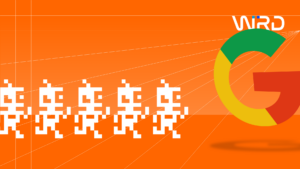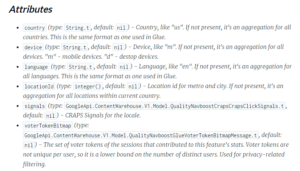Most webmasters are aware that incoming links are a crucial part of improving the presence and visibility of their site within the search engines. Citations or ‘NAP’ (name, address and phone number) listings are, however, often overlooked, in particular for the value they offer to a local search strategy or campaign.
What are citations?
A citation is a reference to your business name, address and phone number online and search engines use citations to better establish business locations for geographical search. Where citations differ to traditional ‘links’ is that they don’t have to have an actual link back to your site to work for you, a plain text listing for example will be sufficient. Whilst a full citation is best, partial citation, for example your company name and telephone number are also relevant.
What’s the best way to set up my citations and NAP listings?
With citations what matters is that they are consistent and more importantly they match the NAP listing on your own website and to help with a local search strategy that they match your Google+ Local page.
The actual format you use therefore isn’t important, what matters is that you are as close to 100% consistent as possible. Whether you use the telephone format +44 1483 or (01483), your full company name or abbreviations, ensure you use that consistently for all your citations.
This is because a search engine wants to see consistency to ensure they offer the best user experience. If you have a consistent NAP listing across a number of online sources a search engine will be reasonably secure that you actually exist where you say you are rather than simply trying to rank for local search terms where your business does not have a presence. Inconsistencies in your telephone number (in particular) as well as the format of your address make it more difficult for a search engine to be sure of who you are, where you are and how your customers can call you.
Inconsistent NAP listings
Inconsistent NAP listings are a problem for new and established businesses. New companies simply don’t have them and so find it harder to appear at all for local search terms whereas an established business that’s been in a town or city for a number of years and moved offices can find they have NAP listings for more than one location, any number of telephone numbers and numerous spellings of their company name.
For most businesses online directories such as yell.com are the most obvious source for NAP listings, however it’s now as important to have the same consistency across you social profiles as well where your name, address or telephone number are referenced.
Don’t forget your Google+ Local page!
With this in mind, don’t forget your Google+ local page. Have you claimed it? Verified your listing? Optimised your listing? This is one of the easiest ways to improve your presence for geo-targeted searches with Google.



